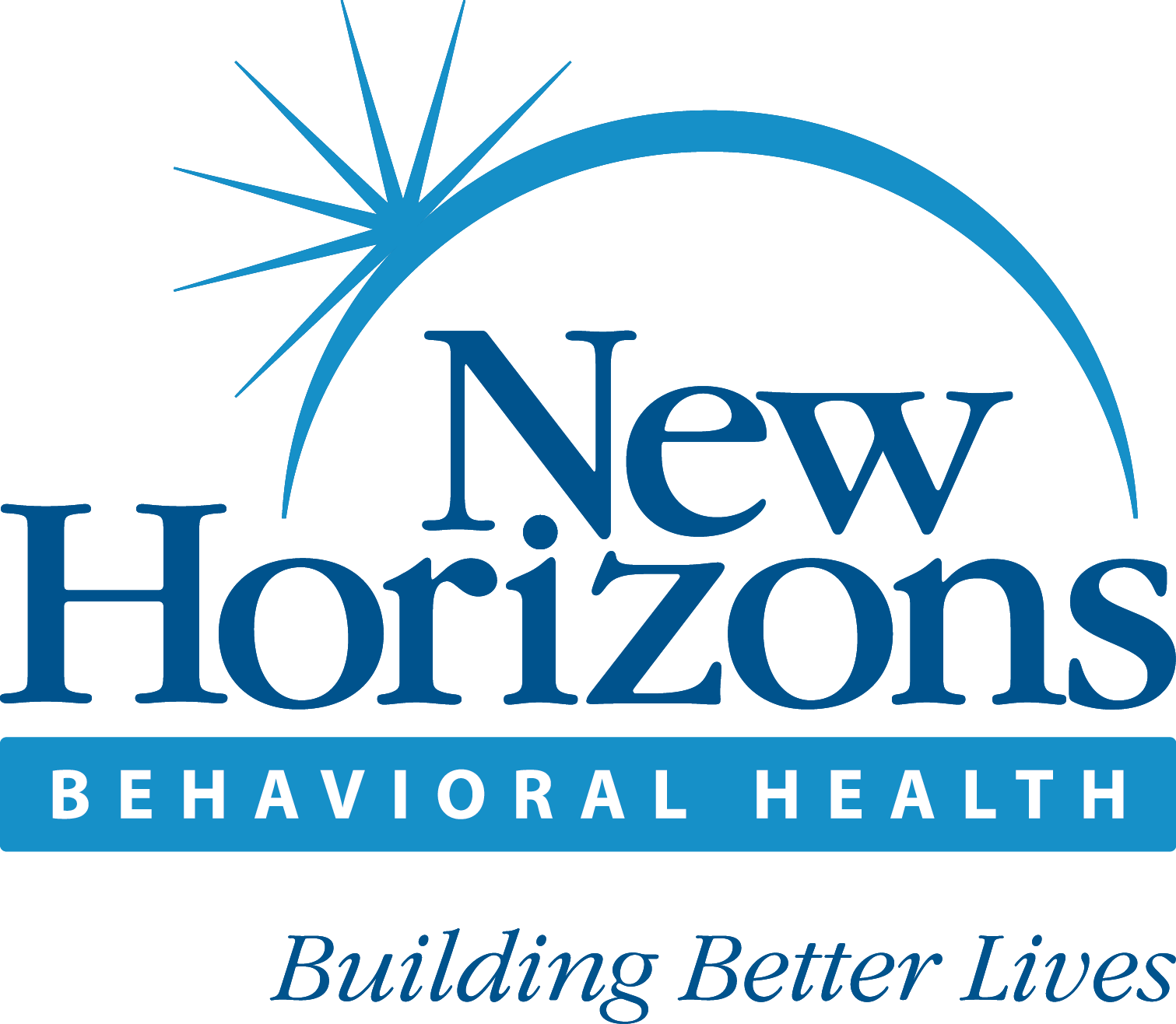10 Mental Health Benefits of Running
Posted on Jul 02, 2017 at 0:00 AM
If you’re feeling stressed out, lace up those running shoes and take them for a spin.” So goes the accumulated wisdom of studies on how running can reduce stress. But the other mental health benefits of this ancient sport may be less familiar—and potentially even stronger motivation to break in those running shoes.
Decreases symptoms of depression
Multiple studies have concluded that regular aerobic exercise—and primarily jogging or brisk walking— reduces the symptoms of clinical depression. Strikingly, in one study, running was found to be as effective as an intervention for depression as psychotherapy. When study participants were assigned to one of three groups—a running group, cognitive behavioral therapy (CBT) group, and a group that received both interventions—all three of the groups experienced a similarly significant decline in depressive symptoms, with little difference in outcome between the running and CBT groups.
Improves your learning abilities
Both high-intensity running, in the form of anaerobic sprints, and low-impact aerobic running can improve your capacity to learn and retain new information and vocabulary, according to findings in 2007, published in the journal, Neurobiology of Learning and Memory. These benefits seemed to be more pronounced in the case of high-intensity running. However, both forms of running boosted levels of the protein BDNF (or brain-derived neurotrophic factor), and the neurotransmitter catecholamine, which are heavily associated with the brain’s cognitive (and learning) functions.
Sharpens your memory
The mental health benefits of running also include a sharper memory. When researchers in Brazil subjected sedentary, elderly rats to just five minutes of treadmill running several times a week over the course of only five weeks, the memory center in the rats’ brains reportedly experienced a surge in production of BDNF, which led to results on rodent memory tests that were akin to those for younger rats.
Protects the brain from aging
Running is a buffer against the effects of aging on the brain, according to research in Time magazine. Scientists set out to learn which was better for the aging brain, physical exercise or brain games. They found that physical exercise (in the form of running and other aerobic activities) won the day, on the basis of brain scans showing a lower rate of brain shrinkage and cognitive decline in elderly test subjects who were physically active.
Alleviates anxiety
Running and other vigorous forms of exercise can reduce anxiety symptoms and help you relax, according to studies cited by the Anxiety and Depression Association of America.
Helps you sleep better
These evidenced benefits to sleep, summed up in an article in Psychology Today, include regulated circadian rhythms, heightened daytime alertness, quicker onset of sleep, deeper sleep, and the reduction of symptoms in those with insomnia and obstructive sleep apnea.
Boosts self-esteem
Running is linked with greater self-esteem—or so went the findings of a study of adolescent girls who were asked to run laps between markers and evaluated according to a tool known as the “Progressive Aerobic Cardiovascular Endurance Run (PACER).” Those who achieved higher PACER scores, by running more laps at a faster pace, reportedly exhibited higher levels of self-esteem, in addition to better physical fitness. In other findings, overweight kids who participated in vigorous aerobic exercise like running experienced a lift in self-esteem levels.
Increases your creativity
Intriguingly, running increased the creative thinking scores of participants in a study in the British Journal of Sports Medicine. That finding apparently joins others that evidence a link between running and higher levels of creativity, as a 2016 article in Business Insider reported.
Decreases cravings for unhealthy foods and substances
That finding seems to hold true whether your cravings are for junk food or for drugs and alcohol. After one hour of fast running, study participants were more likely to opt for healthy dietary choices that included fruit and vegetables over junk food. Results were similar when marijuana, not junk food, was the substance of choice.
Results were similar when marijuana, not junk food, was the substance of choice. Heavy marijuana users experienced a marked decline in both cravings and daily use after just a few sessions of running on a treadmill, according to research at Vanderbilt University. And it turns out that running also reduces cravings for other drugs, whether it’s cocaine, meth, nicotine or alcohol, according to a 2011 analysis of the research appearing in Frontiers of Psychiatry
Helps the brain heal from substance abuse
This holds true even when the drug in question is as potent a substance as meth, according to 2012 findings in the journal, Synapse. Meth decreases the brain’s production of dopamine and serotonin and burns out their receptors. Running, on the other hand, helps to re-normalize the function of these two key “feel good” neurotransmitters, and boosts their production.
About the Author
Candice Rasa, LCSW, is Clinical Director of Beach House Center for Recovery, a drug and alcohol addiction rehabilitation center in Juno Beach, Florida. She has more than 10 years’ experience in the mental health and substance-abuse arena, and supports healing in the clients she serves from a solution focused, strengths-based client care.
- Categories:
- General

